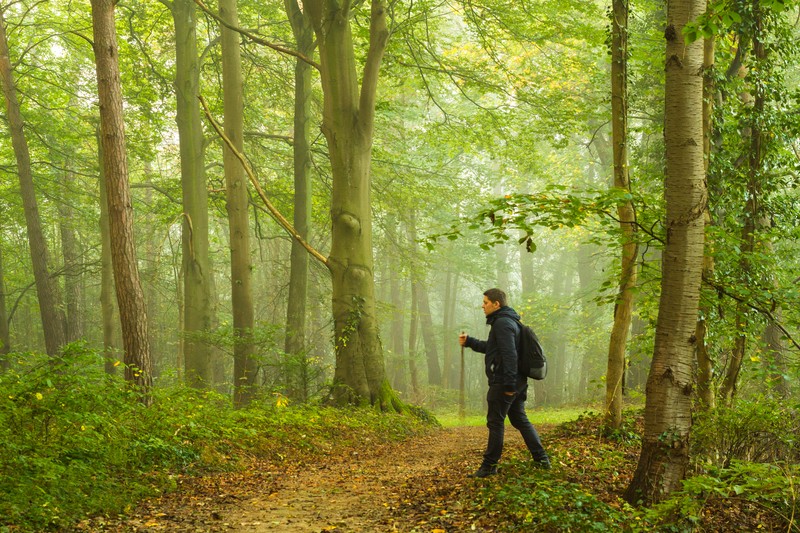There is a lot of romance to the idea of entering into the wilderness alone and braving the depths of nature without the aid or companionship of another person. This is understandable, as we are a nation founded by explorers. Unfortunately, this notion of having to go out into the wild alone is exactly what gets people killed. Take a look at the sobering stories below to keep from making this mistake for yourself.
The wilderness is neither inherently dangerous nor inherently benign; it is simply indifferent. It doesn’t know you’re there, or care. If you’re there alone, your chances of Old Mother Nature putting paid to you (as the British say) are greatly increased.
Henry Worsley, a 55-year-old who was attempting to walk across Antarctica, completing the unfinished journey of Sir Ernest Shackleton in the early 20th century. Worsley covered 913 miles in 71 days before succumbing to dehydration and exhaustion. Only 30 miles from journey’s end he radioed for help and was airlifted to Puntas Arenas in Chile, where doctors discovered that he had peritonitis, and were unable to save his life.
At his age, he should never have attempted the feat. If there had been someone on hand who, much sooner, had said: “Henry, you’ve had enough. I’m getting on the radio.”, he might have made it.On October 14, 2015, surveyors discovered the body of Geraldine Largay, a 66-year-old Tennessean who vanished from the Appalachian Trail in Maine in July, 2013. The medical examiner ruled that she died from inanition, a combination of exhaustion, dehydration, starvation, and exposure.
Somehow she became lost. If there had been someone with her who had a better sense of direction, they might have said, “No, the trail is this way,” and something that simple might have saved her.
What makes these examples so perfect is that they offer a combination of experience and amateurism. In the first example, you have to assume Mr. Worsley was in excellent shape and knew what he was getting into. Unfortunately, that's also what did him in; because he was so prepared, he pushed himself far harder than his body could handle.
In the second example, we see a woman who should have never thought to attempt such a feat on her own, resulting in her getting lost and dying only a mile away from the trail. If these examples tell us anything, it's that bad things can happen to anyone, but are more likely to happen if you don't have the aid of others.
If you liked these stories and would like to learn more, check out the original article on Field and Stream.

the one thing that can help you understand being alone. You don’t have to deal with the stupidity of others. Yeah yeah yeah strength in numbers etc etc. But more than 60% of the time I have always seen that others will usually get you killed.
This post must be for the city folk. Lol. If you have no logic or common sense, here is some info for you…
U got that right